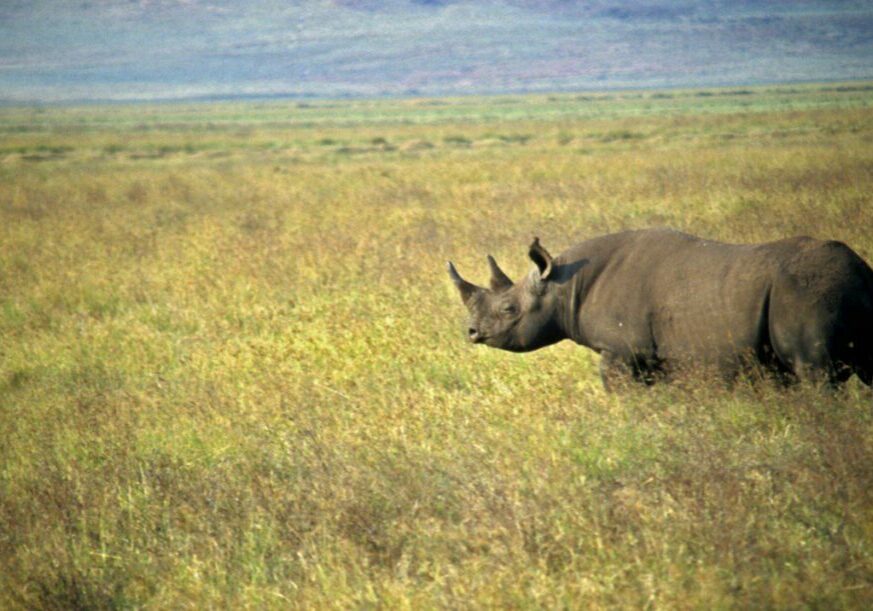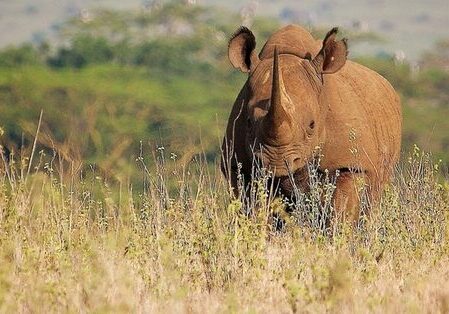It’s tiring, often tedious and sometimes dangerous, but counting rhinos is a vital job. And the latest census results from India make all the hard work worthwhile.
Earlier this year, WWF teams, together with local partners, worked with the government forest department in the state of Assam to carry out a month-long survey of the greater one-horned rhino population.
Whereas tiger censuses, for example, are done using camera traps, a rhino count is a labour-intensive process.
Survey teams zigzag their way across all the protected areas where rhinos live. They record each individual they spot, carefully calibrating their results to prevent double counting. Among the tall, dense vegetation, with a high concentration of rhinos and other dangerous wild animals, it’s a daunting undertaking.
But the news is good, showing Assam’s rhino population has grown to at least 2,885, an increase of 274 since the last count in 2018. Assam is home to the largest population of greater one-horned rhinos, with more than 90% in Kaziranga National Park.
Greater one-horned rhinos were hunted to the brink of extinction during colonial times. But decades of conservation work have paid off. From just 100 individuals half a century ago, there are now more than 4,000 rhinos in the wild in India and Nepal.
Adopt a rhino
You can help us to protect rhinos in India, Nepal and other countries by adopting a rhino.
More to explore

Rhinos recovering in Tanzania
Your support means things are looking up for endangered rhinos in Tanzania, thanks to better protection in Mkomazi National Park

